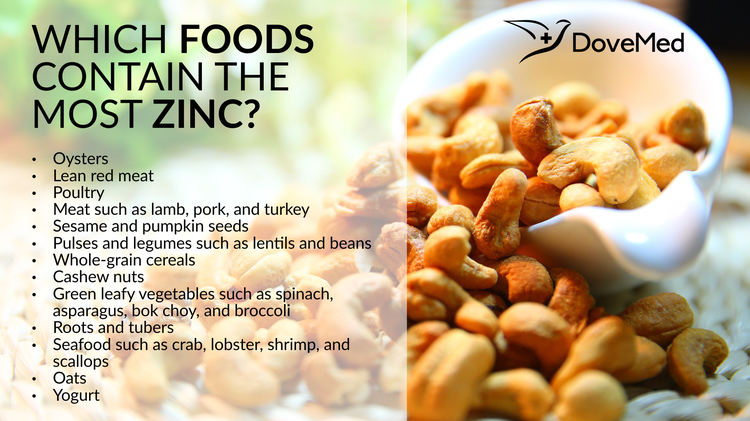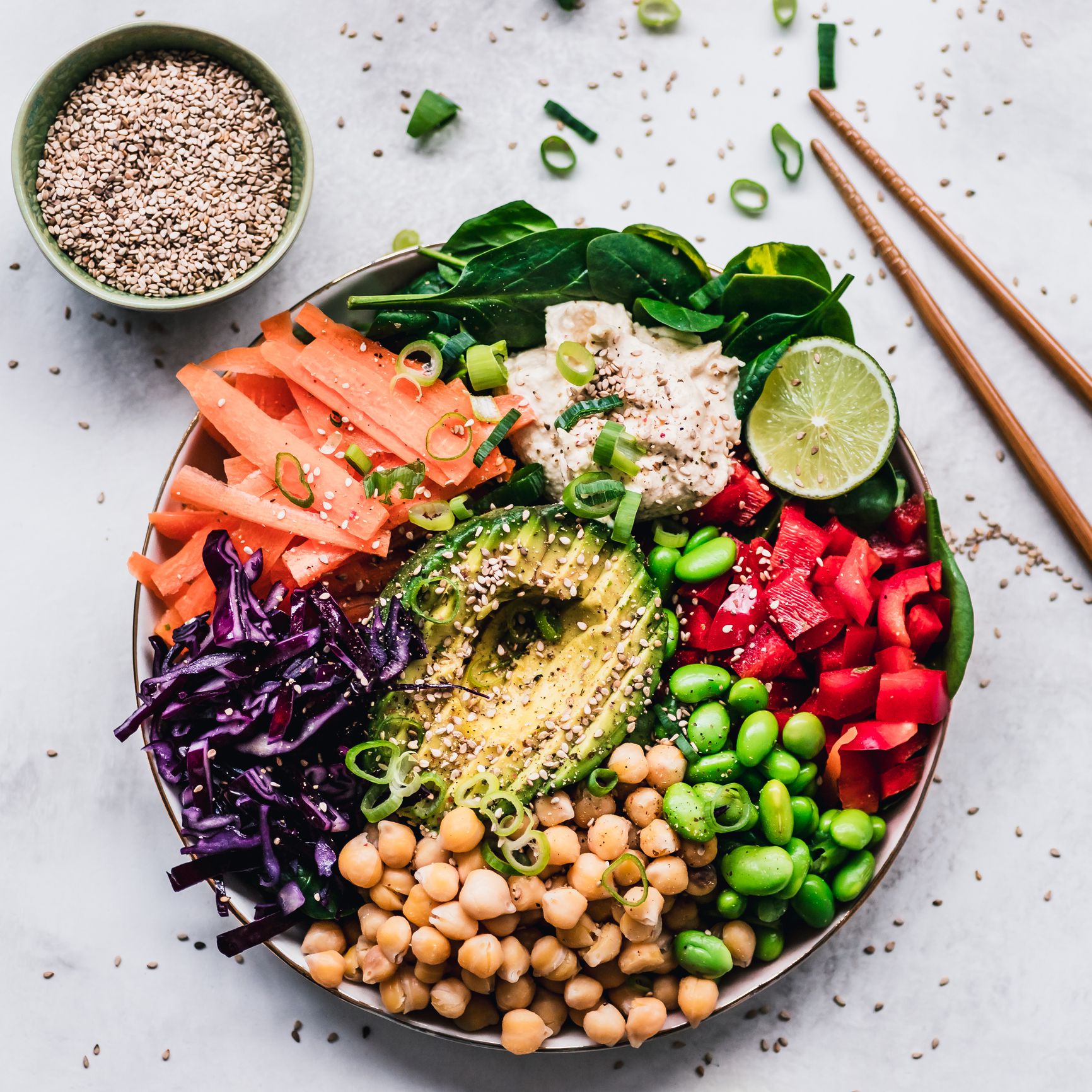
According to recent media reports, there is no vegan stroke. There are many myths about the diet. While veganism does not exclude meat, it may not stop stroke development. A vegan diet should contain nuts, wholegrains, legumes, and fish. These foods are good for weight loss and blood sugar control. They may not decrease stroke risk if they're fatty or processed. These foods could increase stroke risk, even if added to a vegetarian's diet.
Vegetarians have lower risk of developing heart disease. Individuals who were vegetarians had a 20% lower chance of getting coronary heart disease. The risk of developing diabetes was also lower. The risk of developing diabetes may be lower if you eat a vegan diet. However, this research did not examine the effect of a vegan diet on stroke risk.

Researchers found that a vegetarian diet is not as beneficial for heart disease prevention as previously thought. Previous studies have not shown a difference in stroke rates between vegetarians and non-vegetarians. These findings might be explained by differences in the diets of vegetarians and vegans. These findings may also be due to the higher intake of processed foods in a vegan diet. These foods could contain high levels trans fat, saturated fat, and salt. They also may be less healthy than other foods. This is not to say that vegetarians should give up their diets, but it does suggest that more studies should be conducted to determine whether vegetarians have an increased risk of stroke.
Researchers analysed the diets for 4,800 Taiwanese. They classified participants into three groups: vegetarians, vegans, and non-vegetarians. Vegetarians represented 2.8% of the group while vegans represented 12.1%. The participants' diets were scored based on the healthfulness of plant-based foods. They were also compared against non-vegetarians that were obese. The results revealed that vegetarians who were not vegetarians were more healthy than those who were. The BMJ journal published these results. The researchers also found that a vegan diet may be more protective than a vegetarian diet, but that more research is needed.
Low levels of vitamin B12 may be a problem for vegetarians as well as vegans. This vitamin is only found in animal-derived products. Studies show that deficiencies in vitamin B12 can lead neurological issues. Deficiency in this vitamin can cause anaemia or cognitive problems. Vitamin B12 may be added to a vegan diet to reduce the risk of stroke and reverse the effects atherosclerosis.

In addition to vitamin B12, vegetarians may have lower levels of certain nutrients. Vegetarians had lower levels than long-chain omega-3 and vitamin D. They also had lower intakes of vitamin D, vitamin B6, folic acids, and vitamin E. The average amount of dairy consumed by vegetarians was also lower, according to the researchers.
FAQ
What should I eat?
Consume lots of fruits, vegetables. They are high in vitamins and minerals, which can help strengthen your immune system. Also, fruits and veggies are rich in fiber. This makes them filling as well as helping with digestion. Try to include at least five servings of fruit and veg per day.
Make sure you drink plenty of water too. Water flushes toxins from your body and helps you feel full between meals. Drink about eight glasses each day.
Whole grains are better than refined grains. Whole grains are rich in nutrients such as iron, zinc and magnesium. Some nutrients have been removed from refined grains.
Avoid sugary drinks. Sugary drinks are high in empty calories and can lead to obesity. Choose water, milk or unsweetened tea instead.
Avoid fast food. Fast food has little nutritional value. While it might taste good, it won't give your body the energy it needs to function properly. Instead, stick to healthier options like soups and sandwiches, pasta, and salads.
Limit your alcohol intake. Avoid alcohol as it can cause empty calories and poor nutrition. Limit the number of alcoholic beverages you consume per week to no more that two.
Try to cut down on red meat. Red meats can be high in cholesterol and saturated fat. Instead, choose lean cuts of beef and pork, lamb, chicken or fish.
Which diet is best for me?
Many factors influence which diet is best for you. These include your gender, age and weight. It's also important to consider how much energy your exercise consumes, whether you prefer low-calorie meals, and if fruits and veggies are something you enjoy.
Intermittent fasting is a good option if you're trying to lose weight. Intermittent eating means you only eat specific meals throughout the day. It's not like three big meals. You might find this way to be more beneficial than traditional diets, which have daily calorie counts.
Some studies suggest that intermittent fasting may improve insulin sensitivity and reduce inflammation, which can lead to improved blood sugar levels and reduced risk of diabetes. Some research also suggests that intermittent fasting might promote fat loss, and improve overall body composition.
Is it possible to have a weak immune system due to being cold?
There are two types of people in the world: those who love winter and those that hate it. But whether you love or hate it, you may find yourself wondering why you feel so lousy when it's cold out.
The reason is simple: Our bodies are meant to function best in warm conditions. Our bodies were designed to thrive in hot weather because this is where the majority of our food sources are.
However, our environment is quite different than that of our ancestors. We spend more time indoors and are often exposed to extreme temperatures (cold or heat) and eat processed foods rather than fresh.
Because of this, our bodies have become accustomed to extremes. This means that we feel tired, sluggish and even sick when we venture outside.
There are some ways to reduce these side effects. One way is to make sure that you stay well-hydrated throughout the day. If you drink plenty of water, you'll help keep your body properly hydrated and flush toxins from your system.
Another important step is to ensure that you're eating healthy meals. Eating nutritious foods helps your body maintain its optimal temperature. This is particularly helpful for anyone who spends long periods of time inside.
Take a few minutes every morning to meditate. Meditation helps you relax your mind and body, which makes it easier to deal with stress and illness.
How can I control my blood pressure?
It is important to first understand what high blood pressure is. Then, you can take steps to lower your blood pressure. This could include eating less salt, losing weight if necessary, taking medication, etc.
It is important to ensure that you get enough exercise. You can also walk if you don’t have the time.
If you are unhappy about how much exercise you do, you might consider joining a fitness club. It's likely that you will want to join a gym with other people who are working towards the same goals as you. It's easier to stick to an exercise routine when you know someone else is going to see you at the gym.
Improve immunity with herbs and supplements?
Herbs and natural remedies can be used to boost immune function. Some common examples include garlic, ginger, oregano oil, echinacea, ginkgo biloba, and vitamin C.
These herbal remedies shouldn't be used to replace traditional medical treatment. They may cause side effects such as nausea, diarrhea, stomach cramps, headaches, dizziness, and allergic reactions.
Statistics
- WHO recommends consuming less than 5% of total energy intake for additional health benefits. (who.int)
- nutrients.[17]X Research sourceWhole grains to try include: 100% whole wheat pasta and bread, brown rice, whole grain oats, farro, millet, quinoa, and barley. (wikihow.com)
- This article received 11 testimonials and 86% of readers who voted found it helpful, earning it our reader-approved status. (wikihow.com)
- Extra virgin olive oil may benefit heart health, as people who consume it have a lower risk for dying from heart attacks and strokes according to some evidence (57Trusted Source (healthline.com)
External Links
How To
10 tips to a healthy lifestyle
How to live a healthy life
We live in a fast paced world, where we don’t get enough sleep and smoke cigarettes. We don’t care enough about our health.
When you work full-time, it is difficult to maintain a healthy diet and exercise program. Stress can make it more difficult if your mind is telling you that you cannot handle the situation anymore. This makes it all the more difficult.
You may feel that something is not right with your body. You should see a doctor and ask him/her what he/she thinks about your current condition. If nothing is abnormal, it might be stress due to your job.
Some people think that they are lucky because their jobs allow them to go to gym regularly or they have some friends who help them to keep fit. They are fortunate. They don't have problems. They had everything under control. I wish all people could do the same. Many of us aren't able to find the right balance between our personal and professional lives. Bad habits can lead to heart disease, diabetes, and other diseases.
Here are some ways to improve your daily life.
-
Get adequate sleep - 7 hours a day minimum, 8 hours maximum. You should be able to sleep in a proper position and avoid caffeine the hour before you go to bed. Caffeine blocks the melatonin hormones making it hard to fall asleep. Your bedroom should be darkened and cleaned. Consider using blackout curtains, especially if working late at night.
-
Eat well - Have breakfast every morning. Avoid sugar products, fried foods and white breads. Lunch should include fruits, vegetables, and whole grains. It is recommended that afternoon snacks be high in fiber and protein, such as nuts and seeds, beans, fish, and dairy products. Avoid unhealthy snacks like chips, candies, cookies, cakes and sodas.
-
Get enough water. Many people don't get enough. Water can help us burn more calories, keep our skin supple and young, flush out toxins and improve our digestion. Drinking six glasses of liquid daily will help you lose weight quickly. Checking the color of urine is a good way to gauge your hydration. A yellow urine color indicates that you are dehydrated. An orange urine color means that you are slightly dehydrated. Pink urine means that your hydration level is normal. Red urine means that you are overhydrated. Clear urine means that your urine is highly-hydrated.
-
Exercise - Regular exercise has been shown to reduce depression and increase energy levels. Walking is an easy workout that can also improve your mood. Even though walking looks simple, it requires effort and concentration. Walking requires your brain to be focused on the task at hand, and you need to breathe slowly and deeply. Walking for 30 minutes at a steady pace can help you burn between 100 to 150 calories. Start slowly and increase your pace gradually. To prevent injury, don't forget to stretch after you exercise.
-
Positive thinking is vital for mental health. When we think positively, it creates a happy environment within ourselves. Negative thoughts can drain energy and cause anxiety. Focus on what you want and do the things that will keep you motivated. You can break down all the tasks into smaller pieces if you feel overwhelmed. Be aware that you will fail at times, but don't despair. Just get back up and start over.
-
Learn to say no. Too many people are so busy they don't even realize how much wasted time they waste on unnecessary tasks. It is important to be able to say No when needed. Being polite when you say "no" does not mean that you are rude. You are simply saying "no" to something. You will always find another way to finish the job. Try to set boundaries. You can ask someone to help you. You can also delegate this task to another person.
-
Take care your body. Keep track of what you eat. Healthy eating habits will increase your metabolism and help you lose weight. Do not eat anything too heavy or oily because they tend to raise cholesterol levels. A good tip is to have three meals and two snacks daily. You should consume around 2000 - 2500 calories per day.
-
Meditate – Meditation is an excellent stress reliever that can also reduce anxiety. Sitting still with closed eyes allows your mind to relax. This exercise will allow you to have clarity of thought which can be very useful in making decisions. Meditation regularly can make you happier and calmer.
-
Breakfast is the most important meal for the day. Skipping breakfast can cause you to eat too much during lunch. As long as you have breakfast within one hour of waking up, it is not too late. Breakfast boosts energy and helps to manage hunger.
-
Good food is healthy. Avoid junk food, artificial ingredients and foods that are high in preservatives. These foods make your body feel acidic, and can cause you to crave them. Vitamins and minerals found in fruits and vegetables can improve your overall health.
-
***